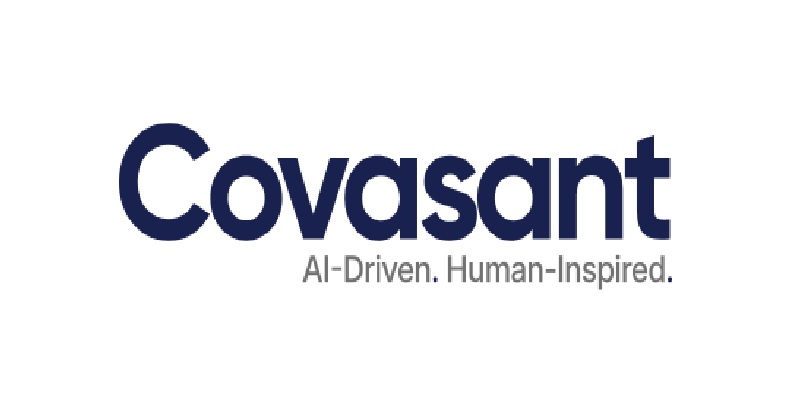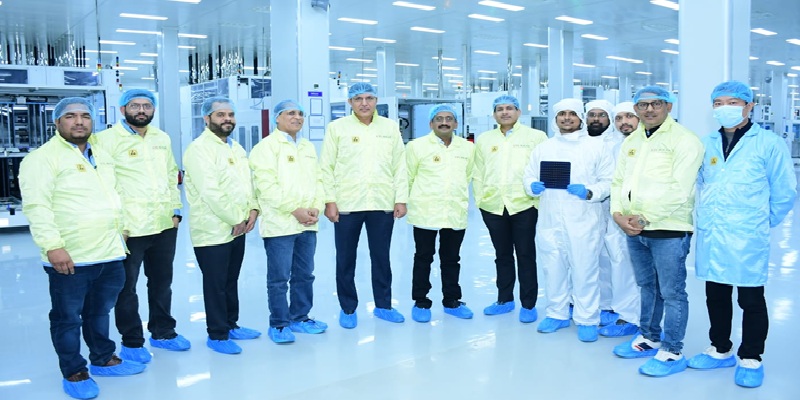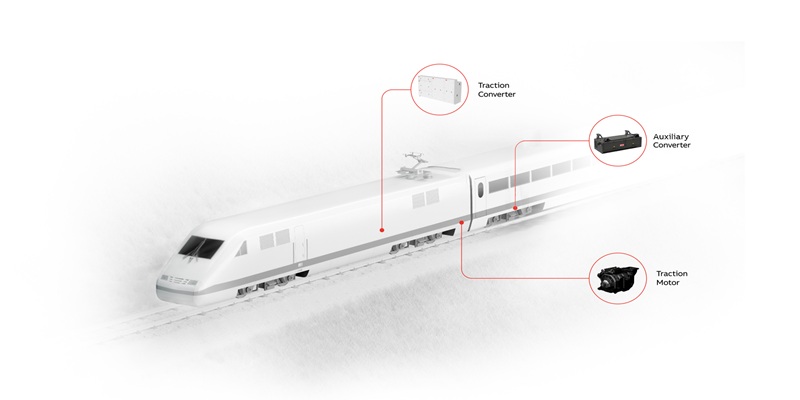Schedule a Call Back
Role of sustainable practices in manufacturing: Hitendra Bhargava
 Articles
Articles- Nov 23,24
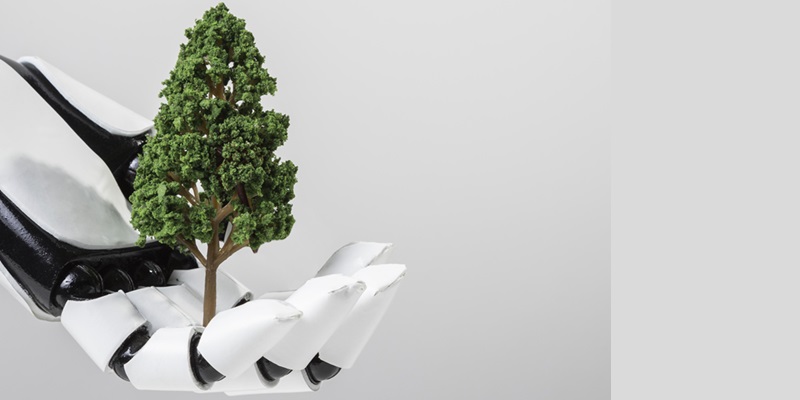
Related Stories
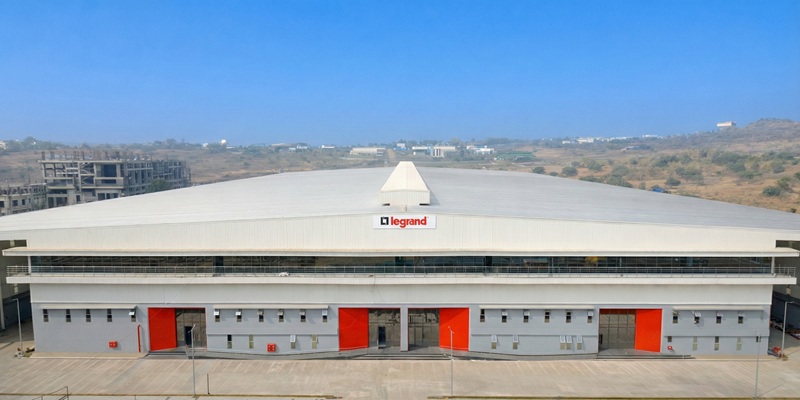
Legrand Inaugurates One of Its Largest Global Manufacturing Facilities in Nashik
Group Legrand India has inaugurated a 30,000 sq m manufacturing facility in Nashik, reinforcing India’s role as a global manufacturing and export hub.
Read more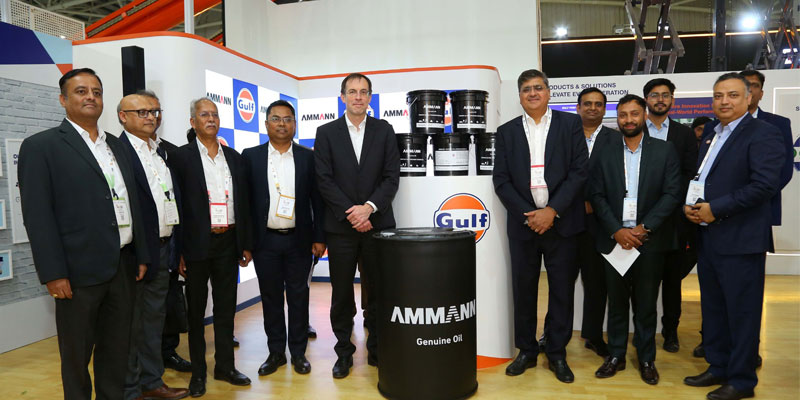
Gulf Oil Expands OEM Tie-Ups in Construction Lubricants
Gulf Oil Lubricants India Ltd has forged OEM partnerships with ACE – Action Construction Equipment Ltd, Ammann India and XCMG to deliver application-specific, high-performance lubricants for India..
Read more
Gulf Oil Strengthens Construction Focus with ACE, Ammann and XCMG Tie-ups
Gulf Oil Lubricants India has announced strategic OEM partnerships with ACE, Ammann India and XCMG to expand its construction equipment lubricant portfolio and strengthen its infrastructure presence..
Read moreRelated Products
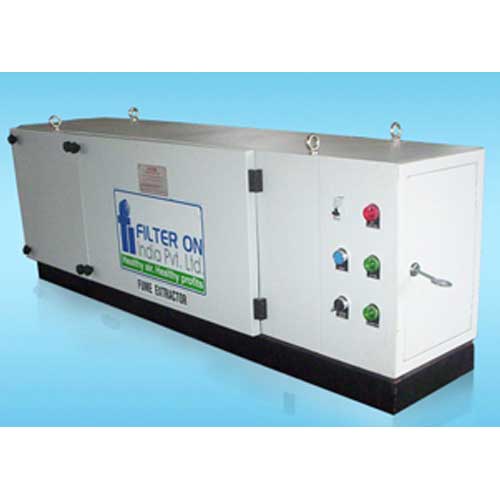
Oil Mist Collector System / Oil Fumes Extraction Systems
Amaricar Engineering & Systems Pvt Ltd offers a wide range of oil mist collector system / oil fumes extraction systems.
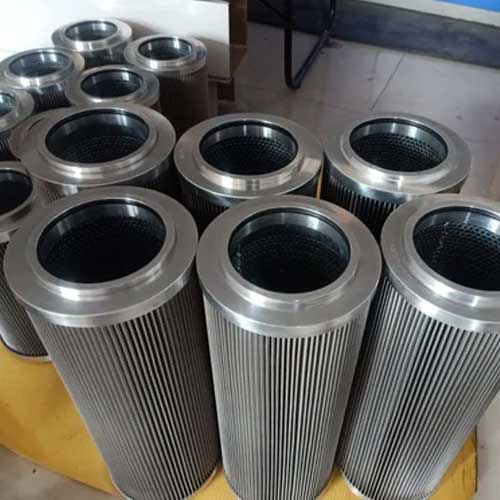
Stainless Steel Hydraulic Oil Filters
M T B Filter Industries offers a wide range of stainless steel hydraulic oil filters.
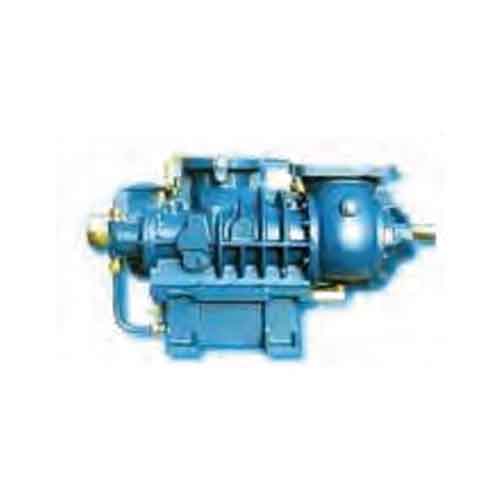
Mak Compressor Oils
Interstate Supply Company offers a wide range of MAK compressor oils.





